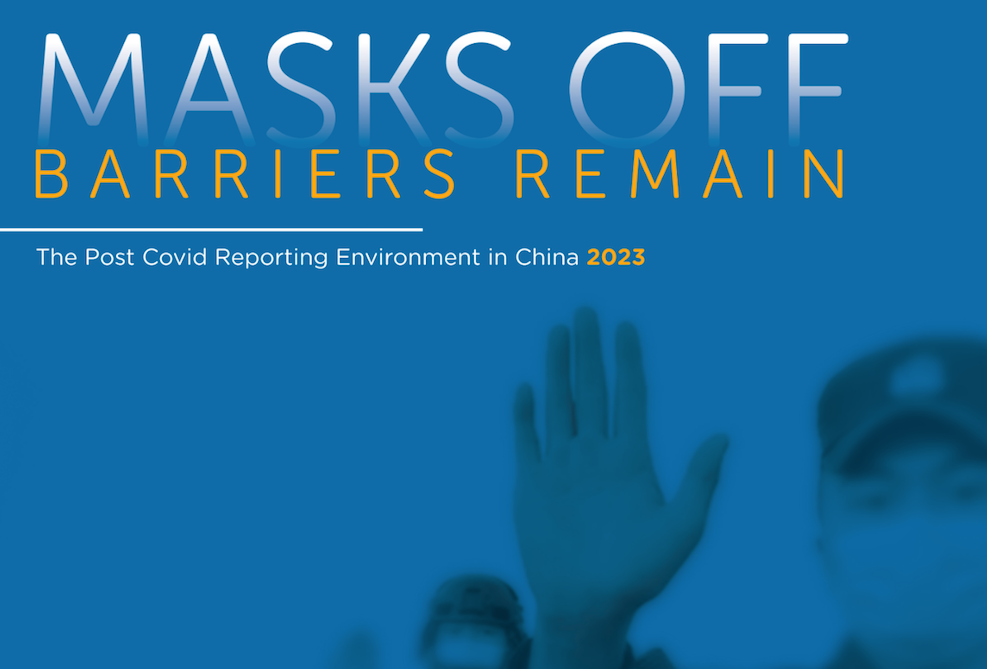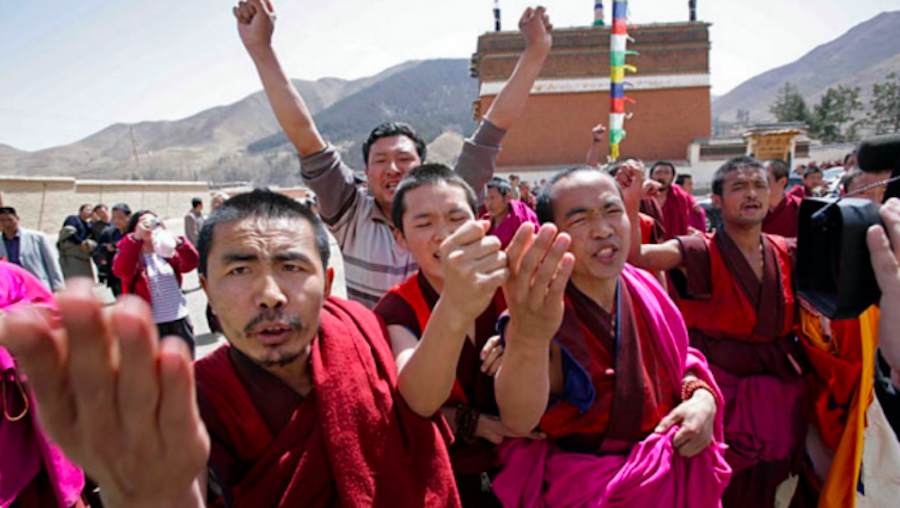By Tenzin Monlam
 DHARAMSHALA, December 29: China’s rubber-stamp parliament on Sunday approved a controversial counter-terrorism bill at the end of the week-long 18th bimonthly session of the National People’s Congress (NPC) Standing Committee in Beijing, drawing widespread criticisms from human rights campaigners.
DHARAMSHALA, December 29: China’s rubber-stamp parliament on Sunday approved a controversial counter-terrorism bill at the end of the week-long 18th bimonthly session of the National People’s Congress (NPC) Standing Committee in Beijing, drawing widespread criticisms from human rights campaigners.
Activists feel that the first counter terrorism law is targeted to further subdue troubled ethnic minority regions, especially TAR and Xinjiang.
James Leibold, senior lecturer in Chinese politics at Australia’s La Trobe University told CNN that China was using terrorism legislation to target some of the country’s ethnic minorities.
“One of the big concerns I have with this draft counter-terrorism bill is that the definition of terrorism is quite vague and open-ended and if we look at how Chinese officials and the media have used the terrorism tag in the past, it’s chiefly applied to the Uyghurs as well as the Tibetans,” Leibold said.
He also said that it applies to people those who disagree with the policies of the Chinese Communist Party.
The law that is to take effect in January 2016 requires tech firms to hand over sensitive information to the government and also allows the People’s Liberation Army to get involved in anti-terrorism operations overseas.
“While the Chinese authorities do have a legitimate duty in safeguarding their citizens from violent attacks, passing this law will have some negative repercussions for human rights,” Patrick Poon, a Hong Kong-based researcher at Amnesty International told Washington Post.
As per the bill, the term ‘terrorism’ is defined as any proposition or activity – that, by means of violence, sabotage or threat, generates social panic, undermines public security, infringes on personal and property rights, and menaces government organs and international organizations – with the aim to realize certain political and ideological purposes.
This has left foreign governments including the US concerned about the too-broad definition of terror that increases surveillance power of Beijing.
According to Leibold, terrorism in China, as both a concept and a rhetorical device, is about securing its rule over the troubled regions of Xinjiang and Tibet. “The line between peaceful political activism and violent acts of terror is frequently blurred in China, as the sentencing of Uyghur scholar Ilham Tohti and the Tibetan monk Tenzin Delek Rinpoche on charges of terrorism and separatism suggests,” he wrote in his article in The National Interest on December 7.









